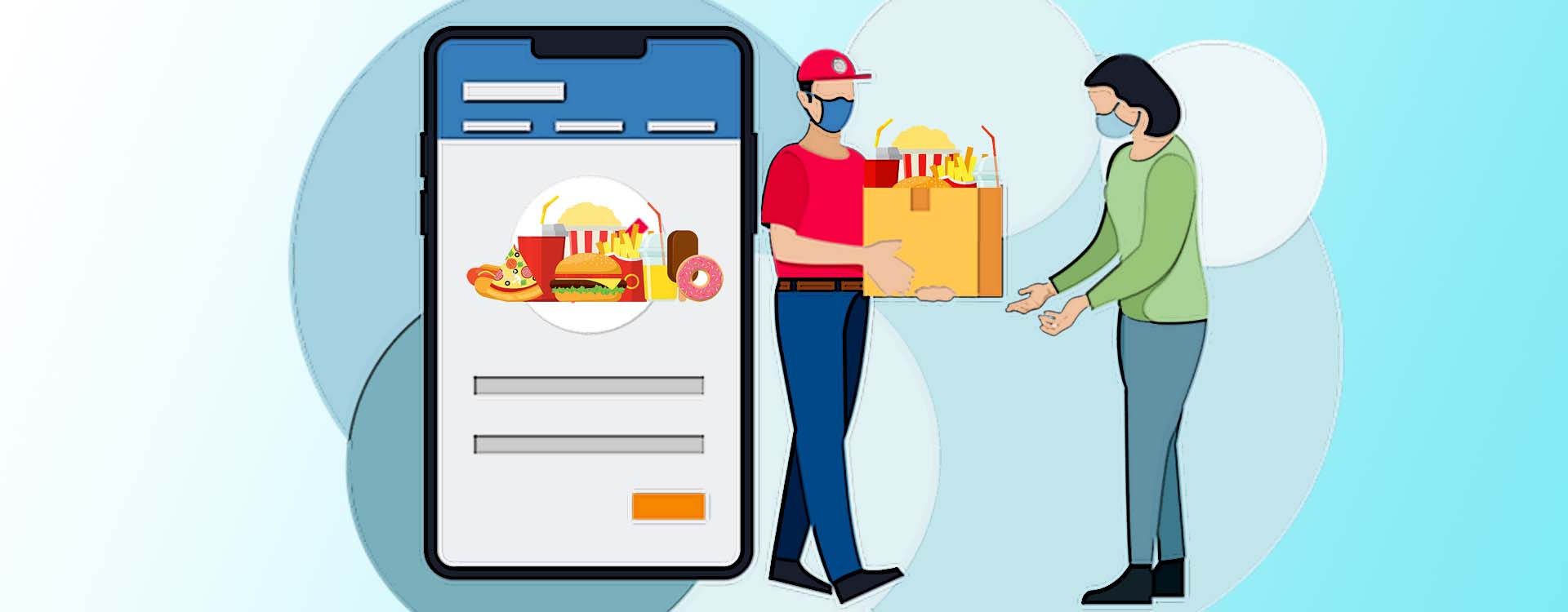The National Restaurant Association of India (NRAI) has been calling all restaurants to make their own alternative channels for food delivery to customers. This is because online food delivery has replaced in-house dining as the prime source of revenue. As such, restaurants cannot continue paying costly commissions to food delivery apps on a per-order basis. By roping in food delivery technology partners, restaurants will have their own platform to list their menu and directly market to consumers.
Restaurants battling it out with Food Delivery Aggregators
Restaurants are evading Food Delivery Aggregators. Standalone restaurants in association with the National Restaurant Association of India (NRAI) are prioritising the establishment of alternative channels to reach customers over mainstream food delivery apps.
NRAI has a vision for restaurants to obtain more leverage over their food delivery consumers. They also want the delivery operations business to be viable instead of being ‘loss-making’ for restaurants.
Initiatives by NRAI to raise awareness
- NRAI recently came up with a number of bootcamps inviting restaurant chains and food tech solution providers to come together. They are working to bridge the gap between restaurant brands and the end consumer by facilitating a collaboration between restaurants and D2C tech solution providers.
- They launched the #orderdirect campaign on twitter to encourage restaurants across India to choose D2C channels of food delivery.
Why take the D2C Route?
The commissions charged by food delivery aggregators in India range between 15-23% of the Average Order Value and may even shoot up to 30% at times. But taking the D2C route, commissions range only between 14-17% for a typical Average Order Value. D2C platforms do not charge for deliveries unlike aggregators who take high cuts as commission.
By selling through D2C channels, the logistics fee is mostly pushed on to the end consumer. The restaurant partner gets to decide the delivery fee. Restaurants will also be able to incentivize consumers by saving on aggregator commissions and offering them as discounts to consumers.
‘‘
The commissions charged by food delivery aggregators in India range between 15-23% of the Average Order Value and may even shoot up to 30% at times.
What’s in it for me?
It is empowering for restaurant chains to directly deal with the customer rather than dealing through median platforms like Swiggy and Zomato. Since these platforms rely on practices like ‘data masking’, doing away with them will bring you closer to your customers. By investing on your very own online ordering platform, you can raise your revenues from the online business during lockdowns in the absence of exorbitant delivery aggregator fees.
By partnering with food tech solution providers, you will be able to build a comprehensive customer database for yourself. You will also be able to work on your margins. You can also avail delivery services integrated with your dedicated platform minus the exorbitant delivery fees.
However, the benefits of D2C online food delivery platforms are still speculative since food delivery aggregators apps are technologically more advanced and offer superior consumer convenience. Small food businesses need to rely on them for these reasons until there are concrete benefits to be gained from D2C.
On another note, this opens up a whole plethora of opportunities for food tech start-ups due to increased awareness among restaurant chains. Food tech start-ups can offer to emulate the user experience of food aggregator apps to attract restaurant chains as clients. As a food tech start-up, target restaurants, outlet chains and legacy brands who have a massive consumer base but who are new to online deliveries.
Restaurants will have the freedom of creating unique or exclusive menus for customers. Pitch your food technology to restaurants from this perspective. D2C ordering channels strengthen customer loyalty and are a much-needed investment for food businesses henceforth. Make your prospective clients aware of this fact while offering to build an independent food delivery solution for them.




